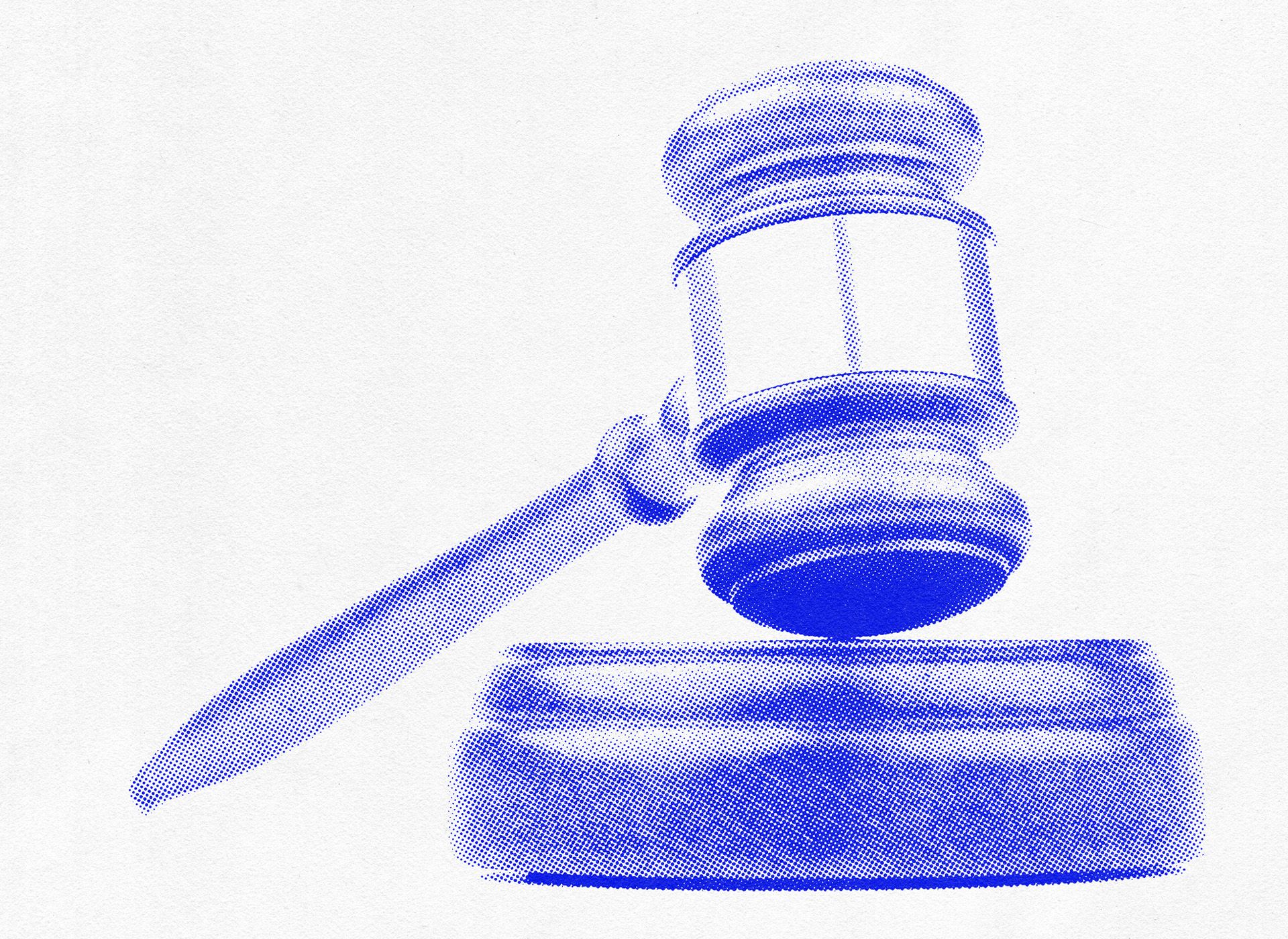
What's a Judge Good For Anyway?
Threadbare Jurisprudence: The Unraveling of the American Constitution
TN Sen. Marsha Blackburn “Can you provide a definition for the word woman?’
Judge Ketanji Brown Jackson “Can I provide a definition? No, I can’t.”
Blackburn “You can’t?”
Jackson “Not in this context, I’m not a biologist.’
In one of the most ridiculous back and forths of the year, Judge Ketanji Brown Jackson struggled to define the word woman as Tennessee Senator Marsha Blackburn attempted to tackle one of the root issues that’s overtaken the highest positions of power in American government today: relativism. Despite this, and other painfully awkward exchanges during Judge Jackson’s confirmation hearings, Jackson will be serving on the United States Supreme Court.
In the end, Judge Jackson was confirmed by a vote of 53-47; all Democrats and three Republicans voting yea. A quote from Mitt Romney (R) tells the entire story when he categorized Jackson as, “within the mainstream.” Within the mainstream? A curious assessment of a judge who is supposed to uphold the United States Constitution, regardless of the passing political whims of the day.
How did the Founders view this position? Here it is directly from the Supreme Court’s website:
Prior to 1789, state courts had already overturned legislative acts which conflicted with state constitutions. Moreover, many of the Founding Fathers expected the Supreme Court to assume this role in regard to the Constitution; Alexander Hamilton and James Madison, for example, had underlined the importance of judicial review in the Federalist Papers, which urged adoption of the Constitution.
Hamilton had written that through the practice of judicial review the Court ensured that the will of the whole people, as expressed in their Constitution, would be supreme over the will of a legislature, whose statutes might express only the temporary will of part of the people. And Madison had written that constitutional interpretation must be left to the reasoned judgment of independent judges, rather than to the tumult and conflict of the political process. If every constitutional question were to be decided by public political bargaining, Madison argued, the Constitution would be reduced to a battleground of competing factions, political passion and partisan spirit.
Is Jackson’s appointment a question of credentials? Absolutely not. The judge has an impressively well-rounded background.
But, just as with any hiring process, the resume doesn’t reveal the full picture. Judge Jackson’s jurisprudence over the last few years has also raised eyebrows. The judge’s opinions on multiple cases show patterns of political activism from the bench. Beyond activism, an RCFP article that reviewed Judge Jackson’s judicial record exposed her tendency to show “deference to agency exemption claims” - meaning that she often yields to an agency’s interpretation of a statute/rule/practice. This has implications for the Freedom Of Information Act (FOIA) and journalism, as well as other First Amendment rights. Those implications don’t bode favorably for entities and individuals unprotected by agencies of the state.
With Supreme Court appointments, it comes down to a question of principles. There is, and has been, a fundamental disagreement about the sanctity of America’s Constitutionally based Republic. Arguably, there is an ever-growing fundamental disagreement about the viability of America writ large. Yet another thread drawn weakening America’s fabric.
